Following a four-year hiatus after the finale of season two, FX‘s Atlanta is back, and actor Brian Tyree Henry has finally returned to the screen in his starring role of Alfred “Paper Boi” Miles. Season three also restores the rest of the burgeoning rapper’s crew — Donald Glover as Earn, Zazie Beetz as Van and LaKeith Stanfield as Darius — and as the latest installment is well underway, HYPEBEAST dove deeper into this season’s pressure points in conversation with Henry.
“It’s the come-up season,” Henry said. “Alfred is exalting in the success of what he’s done because everyone is in Europe thanks to him. His tour has gone international, and he is selling out venues all by himself.”
Alfred is a “realist,” as the actor puts it. While the past two seasons have chronicled the evolution of the rapper’s now-globe-spanning fame, it’s evident that Alfred is well aware that his lifestyle could completely vanish at any given moment — and because of that, he’s finally trying to “enjoy some sh*t,” Henry says. “You finally see him enjoying the spoils of what his fame has brought him. He dresses differently. He knows how to talk to people professionally. He’s not afraid to take a photo.”
Alfred, who previously never left Atlanta, let alone “thought about getting on a plane or obtaining a passport,” experiences first-hand the fandom he has cultivated internationally and levels-up his public identity accordingly, explained Henry. On top of that, he’s finally finding the sweet spot on the tightrope between his very-famous rap star persona Paper Boi and his real identity, Alfred Miles.
“Everyone this season has recognized what the other side looks like,” Henry said. “We recognize what it’s like to not be known and what it’s like to have to really sacrifice some shit. And so this season, everyone is leaning into it because it’s like, look at how far we get to go.”
As Paper Boi and his squad travel further away from the show’s namesake city, however, the more they stray from the tight-knit Black community that largely defined Atlanta’s first two seasons. Consequently, issues of race are seeped even deeper into the show’s plot lines.
“All four of us are coming to this land where it’s all about interpretation and misinterpretation and what that means and what the stakes of that are,” he explained.
“It’s a matter of true life and death if we don’t actually understand the interpretations of the world that we’re walking through this season.”
In the second episode of season three, the crew comes across adults and children wearing blackface in Amsterdam for its “Sinterklass” celebration, which is explained as a tradition that has been passed down for generations; And later, in episode six, Paper Boi is employed to save face for a fashion label named Esco Esco after its white designer comes under fire for releasing a sweater reading “Central Park 5,” among several other instances.
“Alfred is truly a man in a foreign land,” Henry said. “He’s in a foreign land where he’s being regaled as this successful pop star, but people aren’t really willing to understand his code or switch to how he’s able to understand them, which is the story of being Black. Period.”
“It’s about code-switching,” the actor adds. “I think most Black people in their lifetime have had to experience code-switching.”
Code-switching, or “a strategy for Black people to successfully navigate interracial interactions” that “has large implications for their well-being, economic advancement, and even physical survival,” as defined by the Harvard Business Review, proves to be essential for Alfred while abroad.
In one lighter instance, while attending a high-society party in London, Paper Boi mistakenly assumes that the billionaire host is offering him weed when using the word “tree,” though the man is actually referring to a literal plant. Deeper in their conversation, though, Alfred discloses that he does not enjoy U.K. rap because he cannot understand the lyrics and mentions that he is also unable to understand the women seated next to him at a poker table, which results in unspoken tension.
“Before, it was like, if you didn’t speak Paper Boi’s language, then he didn’t f*** with you. It was simple as that,” he says. “But now he’s realizing, especially when it comes to success, you have to switch a lot, and a lot more than you care to.”
The role of Alfred itself has had a profound impact on Henry’s own life — while the actor is able to find solace in his character in many ways, there’s this symbiotic relationship that connects them on an even deeper level.
“I truly do believe that Alfred was placed in my life at a time in my life to save my life,” he said. “I truly do love him. I love every single thing about him. He represents the parts of me that I’m a little afraid to show, and I can protect him in ways that he isn’t necessarily protected.”
Henry, who only read the first five pages of the initial script before falling in love with the role, had a magnetic connection to the show from the get-go. “Something in me just connected with Alfred immediately,” he says. “I had spent most of my formative years in Atlanta. I went to college down here. I fostered so many great friendships here. I discovered who I am and what I wanted to do and become here.”
Now, with two Emmy nominations under his belt (one for his breakout role as Alfred on Atlanta and another for his guest-starring part on NBC’s This Is Us) and an impressive acting bill that also includes How To Get Away With Murder, Vice Principals, Boardwalk Empire, The Knick, The Good Wife and Law & Order, Henry admits that the most exciting aspect of his career is his “ability to say no.”
“I remember at one point in my career, I believed that I had to take anything that was given to me because it felt like no one was going to give me another opportunity like this again,” he said.
“Especially being an artist of color, we tend to feel like we have to take roles that are given to us because we should be so happy that somebody paid attention to us and said, ‘Hey, here’s space for you.’”
“This career and this life that I’m in right now is something that is decades in the making. I have to remind myself every day that I am worthy of being in this space and that I’m moving things to make room for myself,” he added. “Acting isn’t just about portraying someone and portraying this life of somebody, you have to go into it with a really good understanding of who the hell you are.”
Catch Atlanta season three on FX every Thursday at 10 p.m. ET.
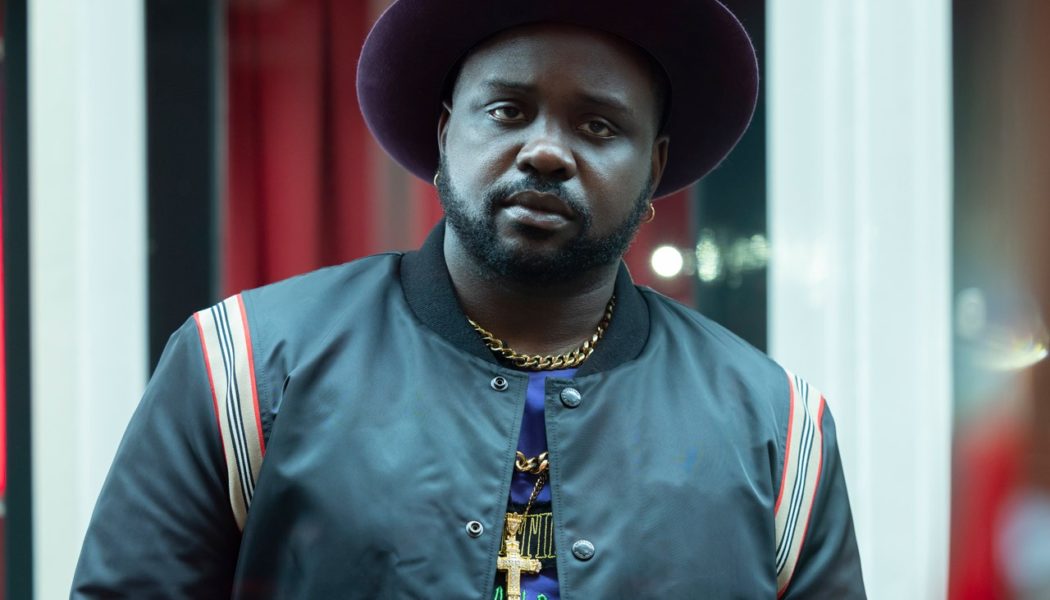
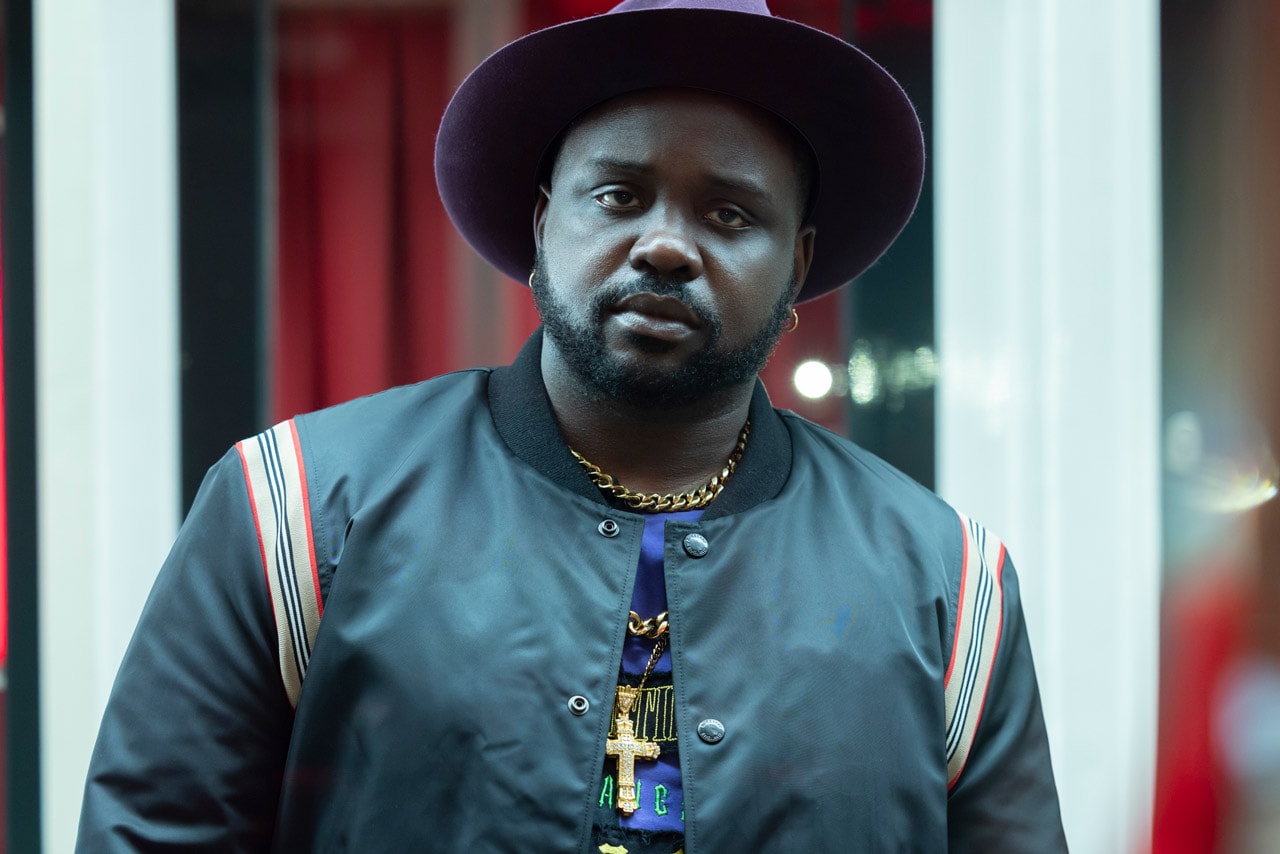
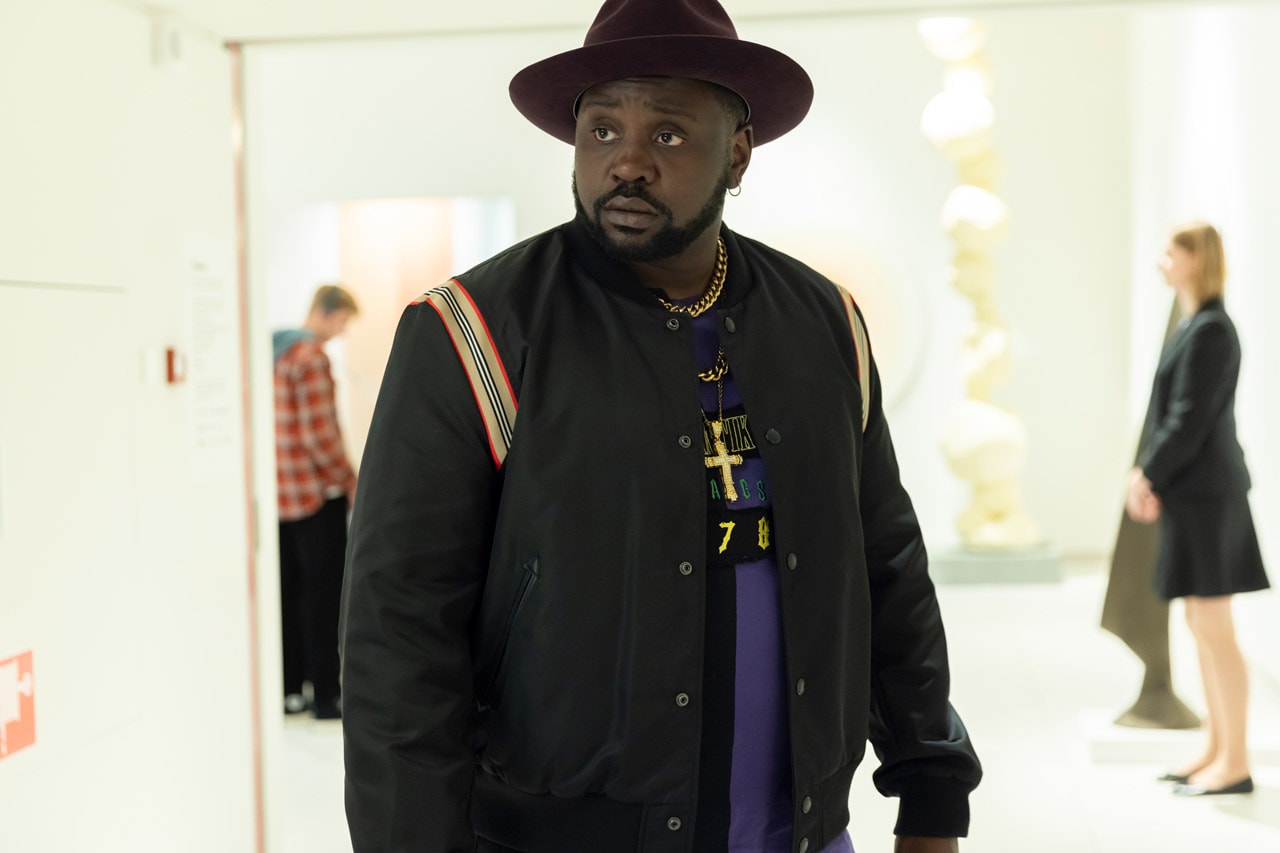



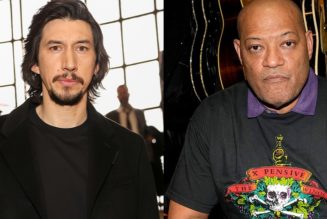
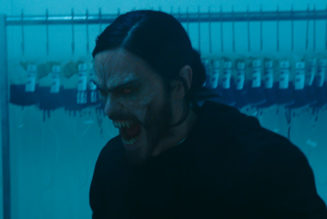


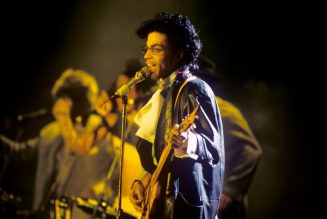
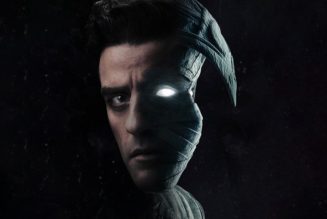
Tagged: ENTERTAINMENT, FEATURES